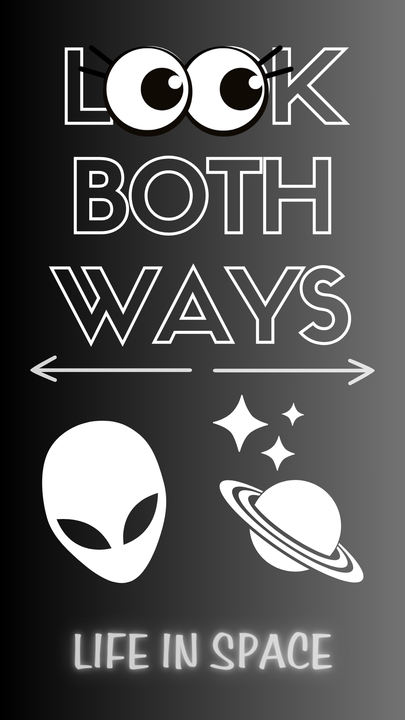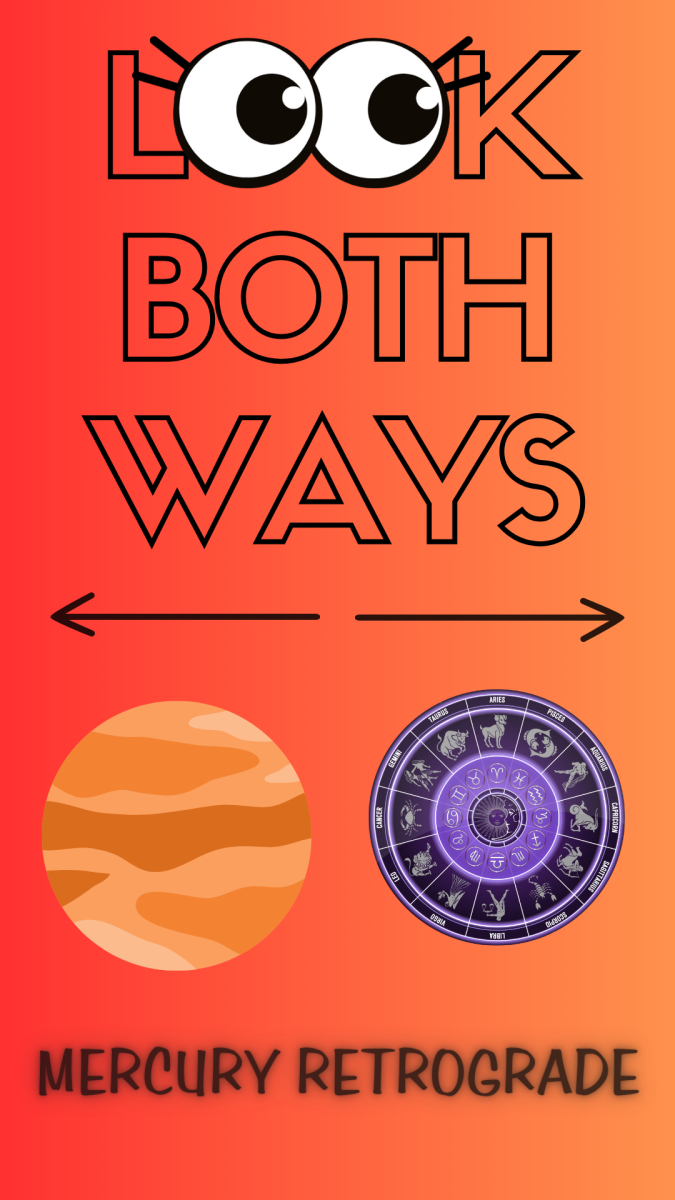LIFE IN SPACE IS NOT PROBABLE
By: Santiago Montañez Bertoletti, Opinion Columnist
While it is undeniable that life in space is a fact that we will find out about sooner or later, because of the nature of the universe, this discovery is far from being close to our time. In general, life in space is a plausible but not probable possibility.
The universe is complicated, not only to understand but to calculate the total space that is in it.
Since 1957, with the launch of the Soviet satellite Sputnik-1, we have had a new field of explanation; however, nobody is certain about the size of the universe. We can only make estimates.
Modern theories suggest the universe is about 13.7 billion years old since the Big Bang, according to NASA.
In turn, the visible universe, or the part of the universe that emits light to Earth, is 93 billion light years in diameter, according to Britannica.
Contrary to what the name suggests, light years are not a measure of time but of distance. They are equivalent to the distance we would cover with a spacecraft traveling at the speed of light, which is 299,792,458 meters per second.
In a nutshell, the universe is an extremely large place.
Since space is so large, it is irrational to think the Earth is the only planet to house life following several principles of statistics, such as the infinite monkey theorem, which states that if you allow a monkey to hit random keys on a typewriter for an infinite amount of time, it will eventually type complex texts.
But to say there is life in space is a huge stretch. We aren’t about to turn a corner in a spaceship in the Milky Way and find another civilization. Though the probability is greater than 0%, that does not mean it’s significant.
In fact, the probability of life on other planets is about 0.02% considering the number of planets that astronomers have observed and have ruled out life-housing capabilities compared to the estimated total number of planets. These calculations leave 10 million planets with the potential to house life.
That number could sound pretty big, but if we compare it with the total estimated number of planets in the whole universe – 21.6 sextillion planets, think 21.6 plus 22 zeros – now 10 million seems like almost nothing.
And if we take into account that intelligent life, defined as life capable of astronomical observation, which in our case would be an alien civilization that would be able to see us, the probability is further reduced.
Of all planets that might develop life, only 40% would be able to support intelligent life. Now our probability is at 0.008%.
Therefore, there is a 0.008% probability that there is intelligent life elsewhere in the universe. In that regard, life in space will not affect us, nor future generations.
LIFE EXISTS IN SPACE
By: Jackson Shields, Assistant Opinion Editor
Imagine the cosmos in all of its swirling, unknown beauty. Galaxies unfolding to reveal planets before undreamt of, stars collapsing into new stars and colorful nebulae twirling amid the darkness. Now, imagine it devoid of any life: 93 billion light years of completely and utterly uninhabited space. Sounds pretty lonely, doesn’t it?
The question of life in space isn’t a matter of science fiction, but a serious concern to organizations like the National Aeronautics and Space Administration, who have dedicated exorbitant amounts of time and resources into finding out whether we are truly alone in the universe. So far, however, their research hasn’t turned up any conclusive evidence.
So are we truly alone? Well, we can’t know for sure.
For starters, we’ve only discovered around 5% of the universe in its totality. There are hundreds of billions of light years of mysterious space yet to even be seen, much less explored.
The most compelling argument to be made in favor of alien life is the sheer improbability that, in all of the trillions of planets thriving in the billions of galaxies, no intelligent life draws breath.
To believe that, in all of the universe, Earth and only Earth contains the necessary formula for life, you must also believe in luck of such exaggerated proportions that it should be defined as a miracle, and miracles have no basis in science.
Science, in fact, supports the theory of life in space, even though the search for it has proved to be a struggle.
Though they’re famously skeptics, most scientists are optimistic about the discovery of extraterrestrial life, with some going as far as to claim that it’s “obvious” that humanity isn’t alone. Sure, tests of habitability on faraway planets often come up negative, but that’s only because scientists are comparing a complex list of rules against a sample size that, in the grand scheme of things, is astronomically small.
Eventually, as more and more planets are added to that sample size, the chance of uncovering a habitable planet becomes not only possible but likely.
Granted, the alien life scientists talk about is worlds apart from what you and I envision when we hear the word extraterrestrial.
Scientists aren’t searching for green guys with googly eyes who ride around in silver saucers, but rather microbes and plants, producers that would make it possible for more complex lifeforms to grow alongside them. While they’re certainly not as exciting as the aliens in our favorite movies, the presence of microbial life on foreign planets not only means potential habitability, but also the potential for evolution — an exciting prospect for scientists.
With each new development in technology, with every new mission into deep space, we learn a bit more about not just our own galaxy, but all galaxies. As long as science continues its forward march into the future, the days before we discover alien life become shorter and shorter.
So, is there life in space? Almost certainly, it’s only a matter of time before we find it.




















